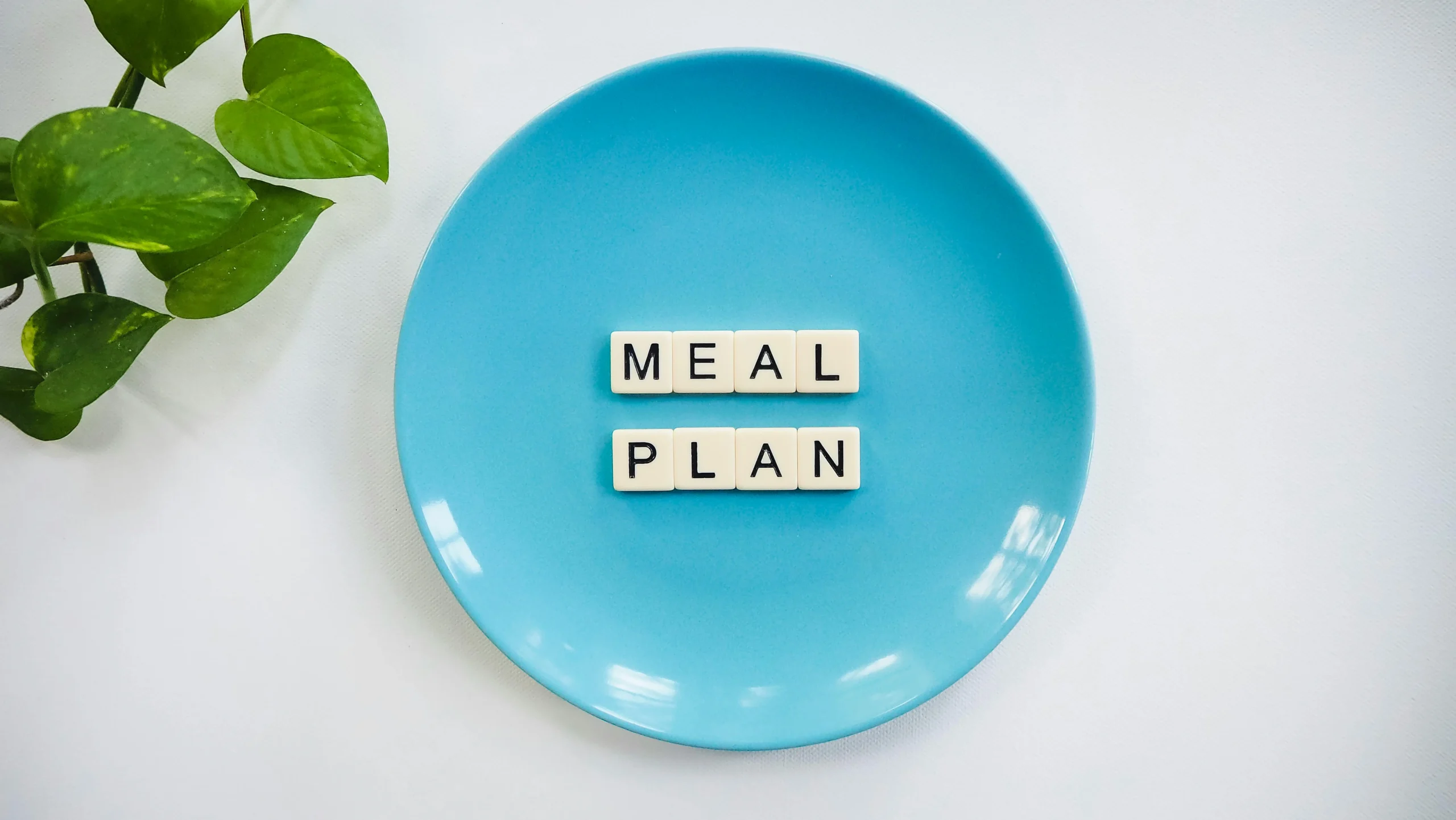Mastering Meal Planning: A Step-by-Step Guide for Beginners
Learning the art of meal planning can help people save money and time while encouraging healthy eating habits. This is a suggested menu for individuals who are new to meal planning or have some expertise. This well-detailed guide will guide you on how to do so in a step-by-step manner.
01. Introduction to Meal Planning
Meal planning involves deciding what to eat for each meal in advance, typically for a week at a time. By planning your meals, you can avoid the stress of last-minute decisions and ensure that you have nutritious and delicious meals ready to enjoy.
02. Benefits of Meal Planning
Meal planning has many advantages, such as the following:
- Saving time: With a meal plan in place, the grocery shopping and cooking processes during the week could be streamlined, saving valuable hours.
- Promoting healthier eating habits: Pre-planning one’s food choices makes one wiser about his/her choices of what to eat, as he/she avoids fast foods, which are unhealthy.
- Reducing food waste: Through this approach, an individual may only purchase enough commodities, thereby limiting the chances of having leftovers.
03. Getting Started with Meal Planning
To begin meal planning, just take these easy steps:
- Set clear goals: Decide why you wish to start meal planning and what you expect to achieve.
- What do you like to eat? determine dietary restrictions or preferences when selecting recipes.
- Do an inventory: Make a list of everything you already have in your fridge and pantry to avoid buying duplicates.
- Meal Planning: Select a recipe for the upcoming week, taking into account elements like cooking time and nutritional balance.
04. Creating a Meal Plan
It is time to create a menu now that you have selected your recipes. Make a weekly schedule for breakfast, lunch, dinner, and snacks using a calendar or meal planning tool. To satisfy everyone’s dietary demands, make sure there is variety.

05. Successful Meal Planning Tips
The following advice could help your meal planning succeed:
- Keep it simple: go for recipes that require few ingredients and are easy to prepare.
- Batch cook: Make big portions of food that can last throughout the week.
- Creatively use leftovers: To avoid wasting food, use leftovers in new dishes. Be adaptable; don’t be afraid to change your meal plan when it suits your schedule, or you have a preference for something else.
- Be flexible; don’t be afraid to change your meal plan when it suits your schedule, or you have a preference for something else.
06. Meal Planning Tools and Resources
Meal planning can be done with a variety of methods and services. Some of these include:
- Meal planning apps: Meal planning apps make it easy to plan and organize your meals.
- Recipe websites: Recipe websites offer a plethora of recipes that will cater to all tastes and dietary needs.
- Cookbooks: Get a few cookbooks that will provide you with quick and healthy dinner ideas.
07. Healthy Meal Planning on a Budget
Eating healthily does not need to cost an arm and a leg. Here’s how you can plan healthy meals even on a budget:
- Buy in bulk: Invest in bulk purchases to save money on necessities like grains, beans, and spices.
- Choose seasonal produce: seasonal fruits and vegetables are typically cheaper than others.
- Plan your meals around sales: Purchase the ingredients needed for your meal plans during sales and discounts.
08. Overcoming Common Meal Planning Challenges
Even if it is not always simple, you can overcome common meal-planning obstacles like these with a little effort and inventiveness on your part.
- Try to save time by arranging your meals in advance and using tricks like pre-cut vegetables or precooked grains.
- Make meal plans in collaboration with other family members, making sure to include their favorite dishes.
- You can start with simple recipes as you improve your cooking skills slowly.
09. Meal Planning for Special Dietary Needs
Let us say you follow a special diet, such as a vegan, gluten-free, dairy-free, or vegetarian one. In that case, there is a lot of information available to help you plan meals that meet these criteria. Explore the appropriate cookbooks, websites, or applications that take into account your unique nutritional needs to get ideas.
10. Staying Motivated and Consistent
Finally, long-term success with meal planning depends on maintaining consistency and motivation. It is important to constantly monitor your development, acknowledge your accomplishments, and extend forgiveness to yourself for the occasional slip-up. Remember that this skill develops over time, so be patient as you learn and acquire it.
In summary, it is important to note that if you master meal planning, you will be able to save time and money, as well as help with healthy eating. By following this article’s step-by-step guide and including useful ideas and tools, one can easily become a confident and competent meal planner.







